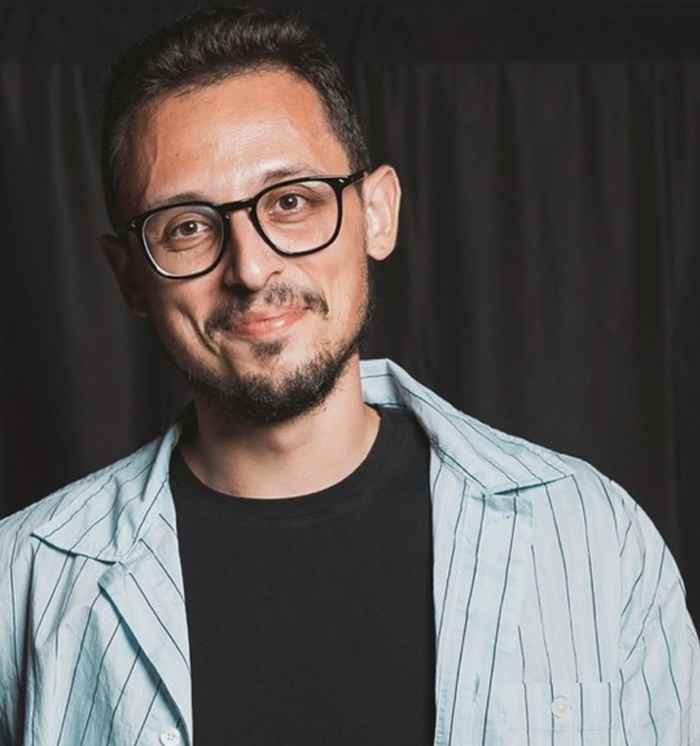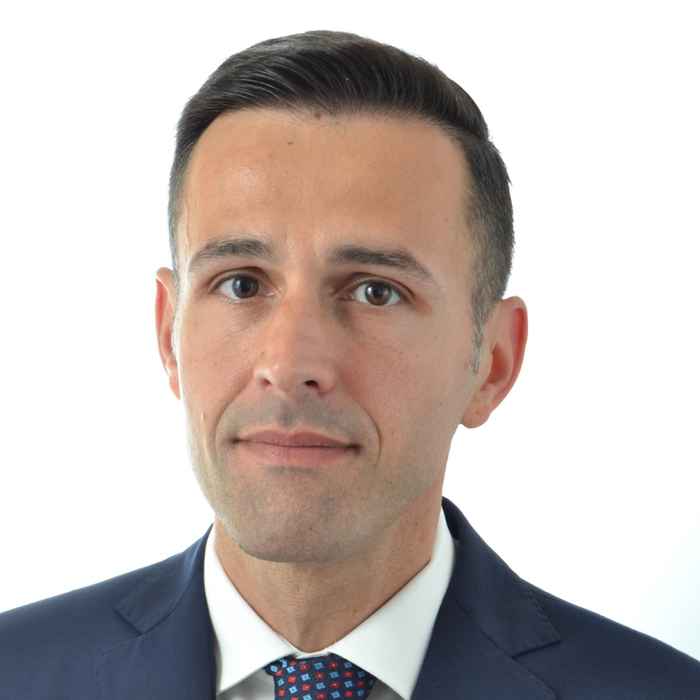Marie Curie postdoctoral fellowship for Salvatore Romano to join the Biocatalysis group
7 April 2025

In his research, Salvatore Romano will integrate biocatalysis and organocatalysis, combining the use of ω-transaminase enzymes for chiral amine production with a green amidation method using choline chloride. Enhanced by microwave heating, the proposed one-pot process will minimize the number of synthesis steps and reduce waste and energy use.
It will also enable the direct access of chiral amides, which is a current challenge in pharmaceutical synthesis. The aim is to provide the pharmaceutical and fine chemical industries with a scalable, eco-friendly solution for producing these high-value compounds in a sustainable and efficient manner.
Romano is thrilled to begin his journey in Amsterdam and feels honoured to receive the Marie Curie fellowship. "This is an incredible opportunity, and I am deeply grateful to Dr Mutti and the University of Amsterdam for their support and trust. I look forward to contributing to innovative research and making the most of this exciting challenge."

Bio-organocatalytic innovation for amides
The proposed catalytic technology will start with carbonyl compounds and amines as precursors to amides, crucial building blocks for pharmaceutical applications. By developing a novel bio-organocatalytic cascade, Romano aims to combine ω-transaminases for chiral amine synthesis with a green amidation process using choline chloride.
This method adheres to green chemistry principles and employs mild conditions, providing a sustainable and scalable solution for industrial applications. The integration of biocatalysis and organocatalysis offers a one-pot process to directly access chiral amides, addressing current challenges in pharmaceutical synthesis.